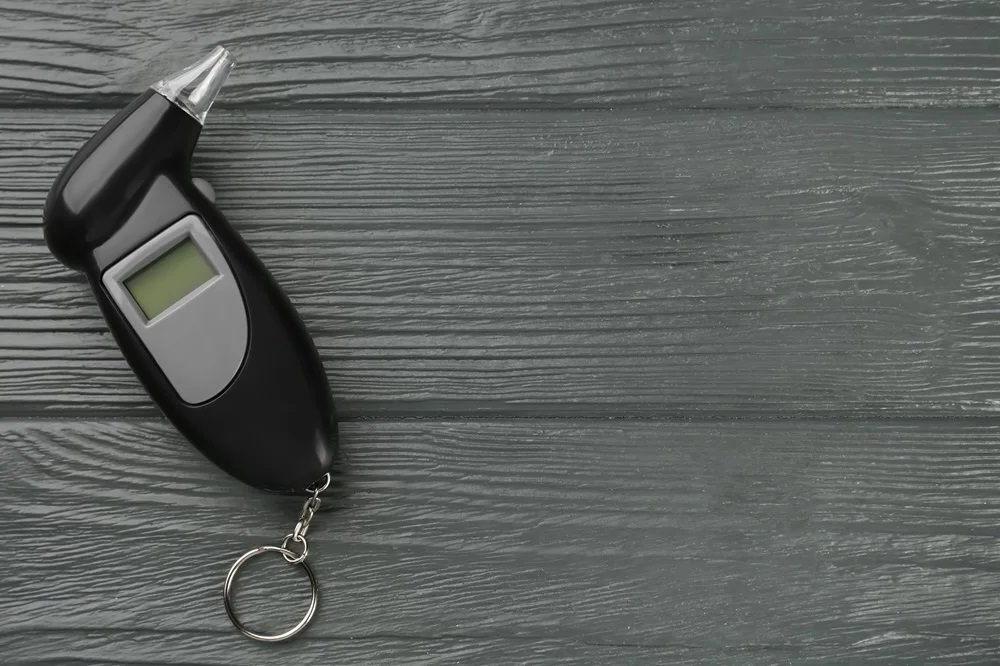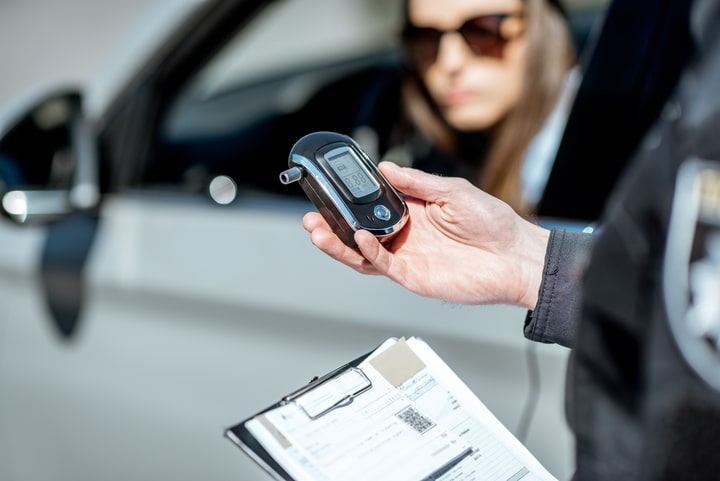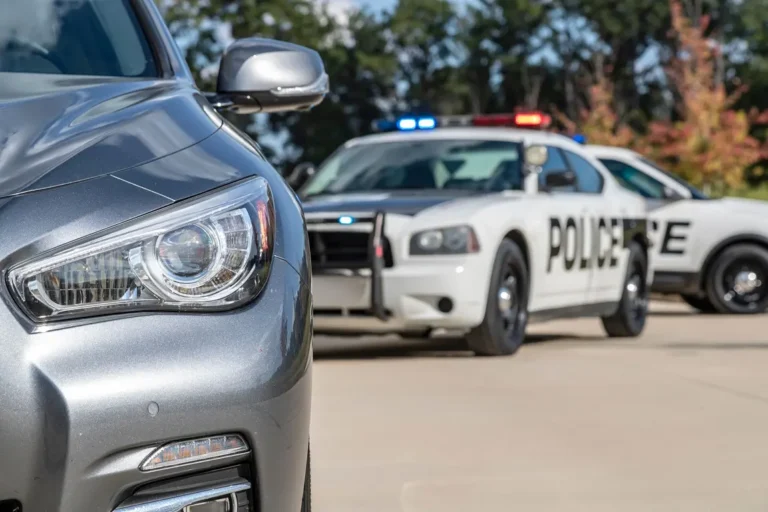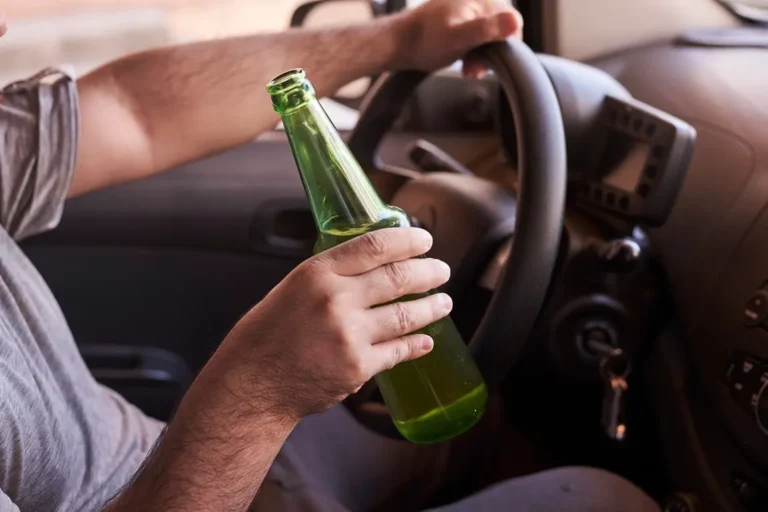DUI convictions, called OVI convictions in Ohio, can ruin lives. Prosecutors do not need to prove your driving was affected by drugs or alcohol to imprison you and saddle you with a criminal record. Instead, they may simply rely on the results of a chemical test to prove your blood alcohol content (BAC) was over the limit.
With so much riding on your breath test, you must ensure the police administered and interpreted it correctly. A trusted DUI lawyer in Dayton, Ohio from Gounaris Abboud can stand up for DUI defendants against misplaced reliance on these potentially unreliable tests.
What Is a Breathalyzer Test?
Breathalyzers are portable chemical tests administered by police officers to estimate a driver’s blood alcohol level using their breath. These devices have two electrodes. The chemical reaction at one electrode converts ethanol into acetic acid.
A reaction at the other electrode converts hydrogen and oxygen into water. The breathalyzer measures the electric current between the electrodes.
Greater amounts of alcohol produce higher current. The device measures the amount of alcohol and air you exhaled into the machine. It uses these numbers to calculate the alcohol concentration in your breath.
What BAC Is Considered over the Limit?
Ohio law sets limits for people 21 or older as follows:
- 0.08% by volume of whole blood
- 0.096% by volume of blood serum or plasma
- 0.08 grams per 210 liters of breath
- 0.11 grams per 100 milliliters of urine
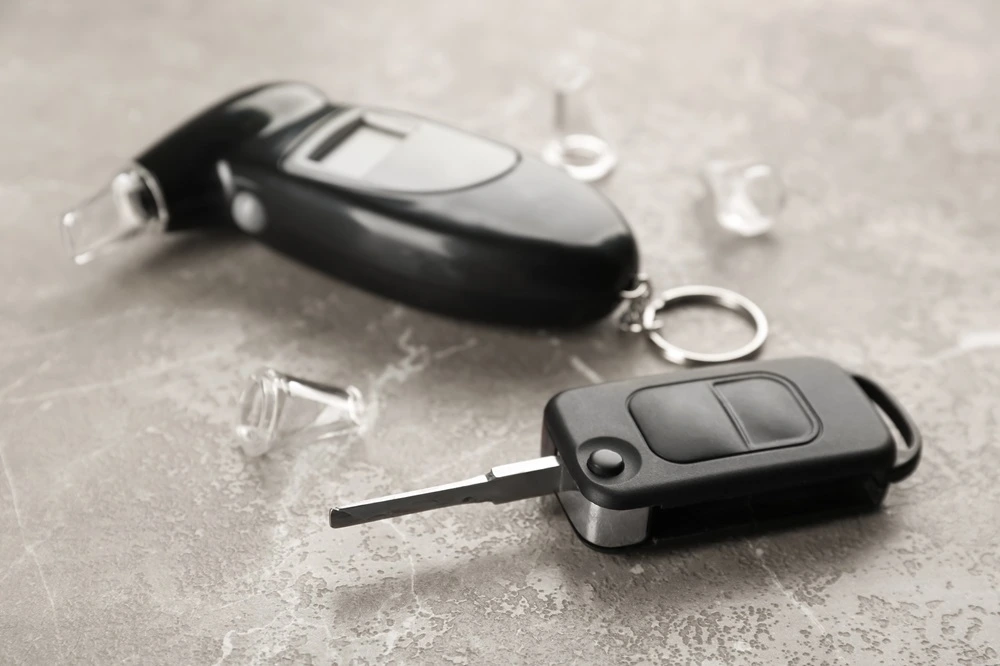
The limit is lower for people under the legal drinking age. Drivers under 21 exceed the legal limit when they have any of the following:
- 0.02% by volume of whole blood
- 0.03% by volume of blood serum or plasma
- 0.02 grams per 210 liters of breath
- 0.028 grams per 100 milliliters of urine
In other words, Ohio does not have a zero-tolerance OVI law for young drivers. But the limits are so low that they might violate them with just a sip of alcohol.
Finally, the legal limits for those holding a commercial driver’s license or driving a commercial motor vehicle include:
- Any measurable detectable amount of alcohol in a blood test, breath test, or urine test
- 0.04% of whole blood or breath
- 0.048% of blood serum or plasma
- 0.05% of urine
Anyone who violates these chemical test limits commits a per se violation of Ohio’s OVI laws.
How Does a Breathalyzer Test Work in Dayton, OH?
A driver violates Ohio’s DUI laws in two ways. First, police officers can arrest a driver whose driving is impaired. Under this violation, officers can arrest someone by observing their physical or cognitive impairment, regardless of their BAC.
Second, drivers violate the law by driving with a BAC over the limit, even if they are not impaired. The only evidence officers need for a per se violation is a chemical test with a result over the legal limits.
Thus, officers typically use both breath tests and field sobriety tests. They administer a field sobriety test to determine the driver’s impairment. They also administer a breathalyzer to measure the BAC. Failing either test provides probable cause for an OVI arrest.
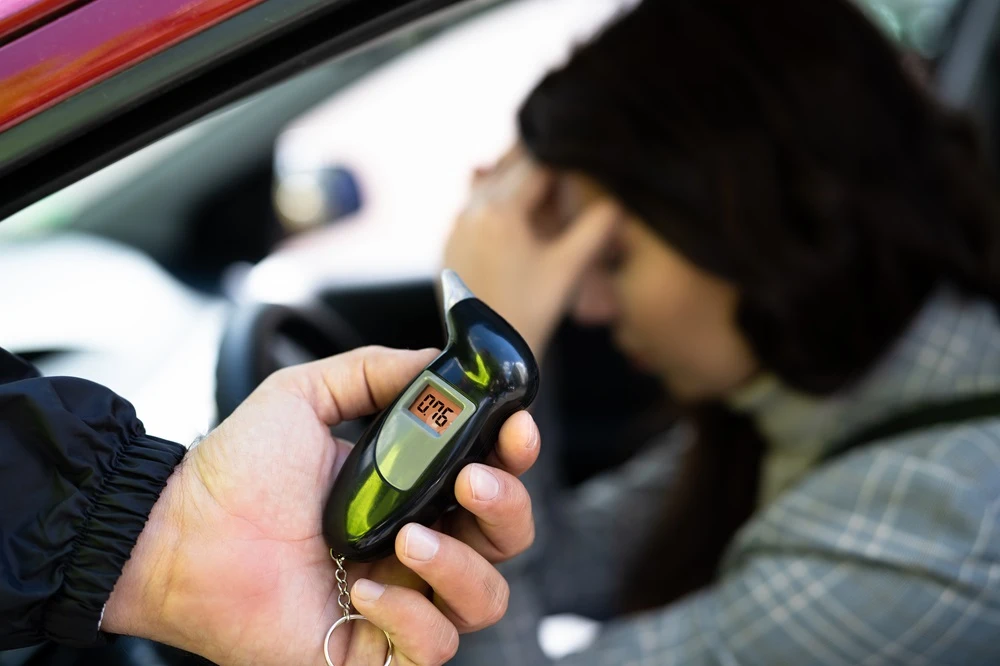
How Long Does Alcohol Stay in Your System as Detected by a Breath Chemical Test?
Everyone’s body processes alcohol differently. Your unique metabolism plus the following factors will determine the volume of alcohol in your system:
- Body weight
- Time elapsed
- Amount of alcohol
- Rate of consumption
- Whether food was consumed
One “standard drink” of the following beverages contains 14 grams of alcohol:
- 12 ounces of beer
- Five ounces of wine
- 1.5 ounces of hard liquor
The average person’s alcohol metabolism rate is approximately 0.015 grams per 100 milliliters of blood per hour, which leads to a 0.015% reduction in BAC each hour. The body only absorbs about 20% of the alcohol you consume. Thus, it can process the alcohol in about one standard drink each hour.

Breathalyzers do not conclusively prove an OVI violation. Contact a Dayton DUI defense attorney from Gounaris Abboud to fight your drunk driving charges.
Can a Breathalyzer Detect One Drink?
Breathalyzers are sensitive and can detect even small amounts of alcohol. However, scientists and even traffic regulators question how accurately it can measure these small volumes.
According to the Federal Motor Carrier Safety Administration, breath tests might not accurately measure BAC below 0.02%. This may be one reason Ohio’s OVI laws allow young drivers to register up to 0.02% on a breathalyzer before committing a per se violation.
When officers use low detection levels to provide probable cause for a search or an arrest, an experienced drunk driving attorney may get the OVI charges reduced or dismissed. As a result, you might avoid the criminal penalties of an OVI conviction, including driver’s license suspension.
How Many Drinks Does It Take Before You Fail a Breathalyzer?
There is no standard way to measure how many drinks you must consume to fail a breathalyzer. Different types of alcoholic beverages contain different amounts of alcohol. One shot of high-proof moonshine might contain more alcohol than a few beers.
You should remain conscious of your alcohol consumption, whether you drink five beers or one shot.
However, you should also focus on the scenarios that often result in OVI convictions. First, if you consume an amount of alcohol that impairs your coordination or judgment, you increase the risk that your driving will attract an officer’s attention. You might swerve, hug the shoulder, fail to signal, or drive too fast or slow.
Second, if you get stopped, you must pass both breathalyzer and field sobriety tests. Failing the one-leg stand test is just as bad as blowing a 0.08% on the test.
Can You Fail a Breathalyzer Without Drinking Alcohol?
Yes. This possibility provides a possible defense to a per se violation. The device detects any ethanol blown toward the electrode. This ethanol can come from other sources, like mouthwash and cough syrups.
If you use either of these products, a breathalyzer might incorrectly register the ethanol in your breath as alcohol in your blood.
What Are the Most Common Defenses Against Breath Test Results?
Breathalyzers, like all mechanical devices, are imperfect. The following defenses are commonly raised against breathalyzer results:
✓ Lack of calibration
✓ Improper testing procedures
✓ Misinterpreted or misrecorded results
✓ Medical or health conditions
✓ Damaged or malfunctioning device
Calibration is a critically important step. Over time, the device may become contaminated from other tests. Even when you have no alcohol in your breath, the electrodes may still detect alcohol built up inside the testing chamber.
Moreover, electrodes wear out, corrode, or collect dirt or environmental contaminants. These issues can cause the device to produce incorrect results.
Other factors might also play a role. For example, if you vomited after drinking alcohol, your stomach might have absorbed very little alcohol before you threw it up. However, your breath might have high levels of alcohol vapor.
Even GERD or acid reflux can cause devices to detect higher breath alcohol levels than correlate with levels in your blood.
Officers and prosecutors also forget that mechanical devices are not perfect. Simple flaws like a weak battery, damaged screen, or loose wire can produce incorrect and unreliable results.
Like their equipment, officers are not perfect. They can exaggerate, misspeak, or misinterpret the test result. Whether this occurs through an innocent mistake or a deliberate act, the result is a test number that does not match the device’s readout.
Manufacturers of testing devices provide instructions and training to officers. If they fail to follow the manufacturer’s instructions, they might produce useless results.
Moreover, police agencies often train officers to properly document the tests and test results so they provide reliable evidence of what happened. When they ignore these evidentiary procedures, you and your lawyer have no way of knowing if the results belong to you or whether someone may have tampered with them.
Finally, officers must have probable cause to stop you and administer chemical or field sobriety tests. If the officer cannot identify a reasonable suspicion for pulling you over, they might have obtained the test results illegally.
Can You Challenge Breathalyzer Test Results?
Yes. Like all testing equipment, breathalyzers have an experimental margin of error. This means that a testing device that reads 0.08% actually means 0.08% plus or minus the margin of error for the device.
This error is inherent in the device. It refers to the sensitivity of the testing equipment, rounding errors in the calculations it must make, and so forth.
In other words, the difference between 0.07% and 0.09%, for example, can occur even when the police have calibrated the device and followed the testing procedures perfectly. This means you can always challenge breathalyzer results.

Administrative License Suspension for Refusing to Take a Breath Test
Ohio’s implied consent law requires all driver’s license holders to consent to an alcohol test as a condition of their licenses. A breathalyzer refusal in Ohio will result in an automatic driver’s license suspension. This rule, in turn, can lead to further legal troubles if you continue to drive after you have your license suspended.
Challenging a DUI Charge? Contact Gounaris Abboud Today!
You may face significant administrative and criminal penalties after a conviction on OVI charges. These penalties can include driver’s license suspension, jail time, fines, professional license suspension, yellow license plates, and even a mandatory driver’s intervention program.
Consulting with an experienced DUI attorney could be the best move you make. The attorneys at Gounaris Abboud help people facing an OVI conviction by challenging unreliable breathalyzer results.
Contact us for a free consultation to learn how our attorneys help drivers in Montgomery County, Greene County, Warren County, Miami County, Franklin County, and throughout the state fight their OVI charges.
